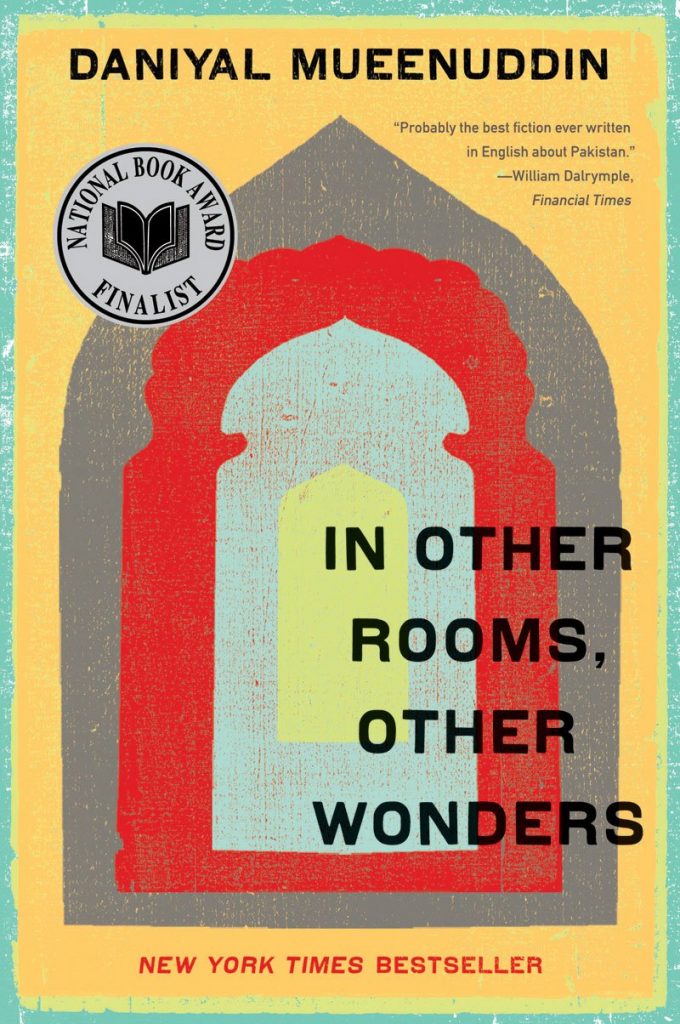The Hidden Objective Narrator in Andrea Barrett’s “The Littoral Zone”
The uninflected prose of an objective narrator has seemingly declined in contemporary literature in favor of the “voicier” POVs such as first person, second person, or third person close. We are told that reflecting characters’ personalities in the language—such as by collapsing the distance between the way they speak and the way the story is narrated—is a good thing.
The Hidden Objective Narrator in Andrea Barrett’s “The Littoral Zone” Read More »
The uninflected prose of an objective narrator has seemingly declined in contemporary literature in favor of the “voicier” POVs such as first person, second person, or third person close. We are told that reflecting characters’ personalities in the language—such as by collapsing the distance between the way they speak and the way the story is narrated—is a good thing.








